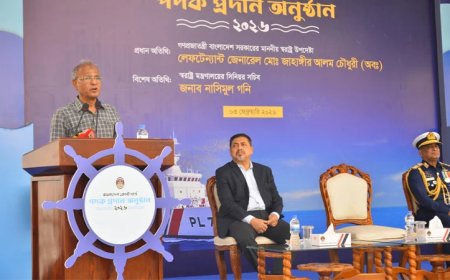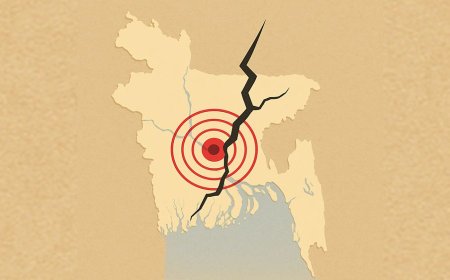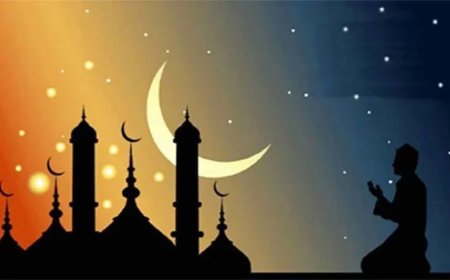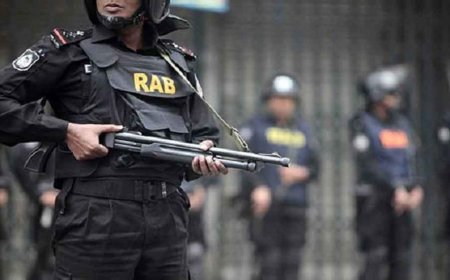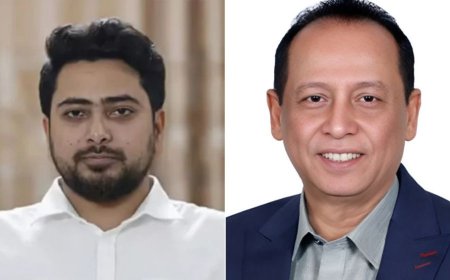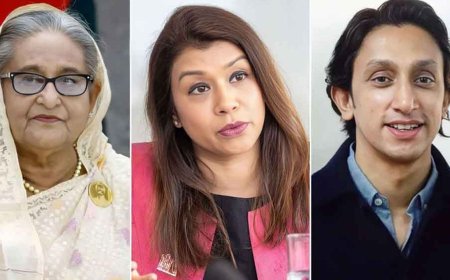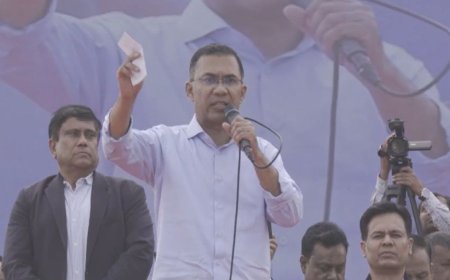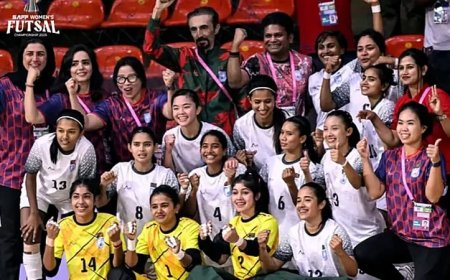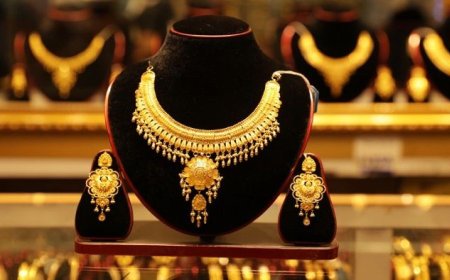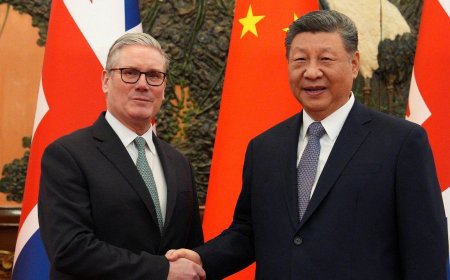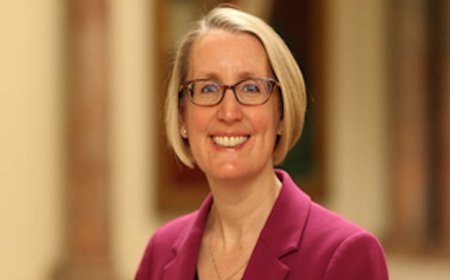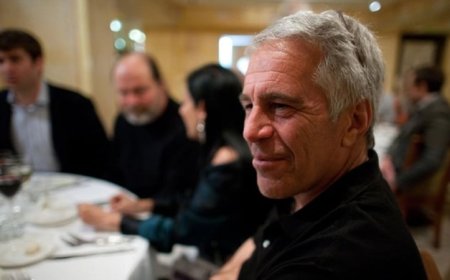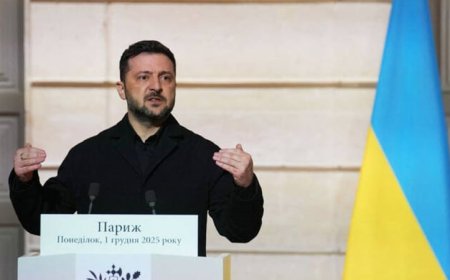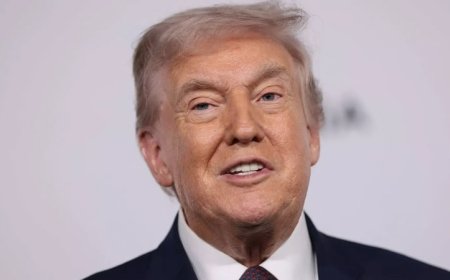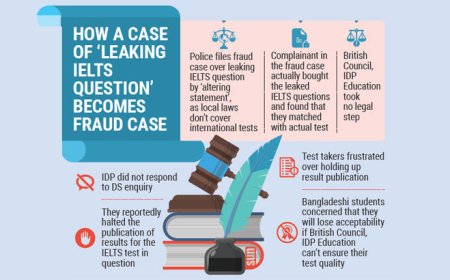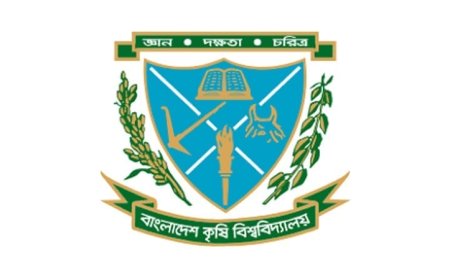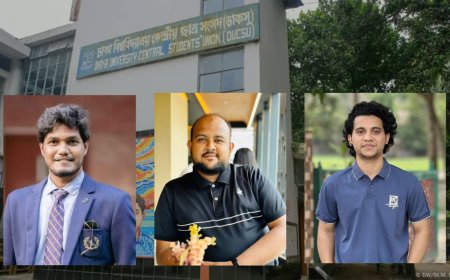Nahid announces four-point demand amid mass arrests on July 22 Amid a wave of nationwide arrests, Nahid has put forward a four-point demand on July 22.
Nahid announces four-point demand amid mass arrests on July 22 Amid a wave of nationwide arrests, Nahid has put forward a four-point demand on July 22.
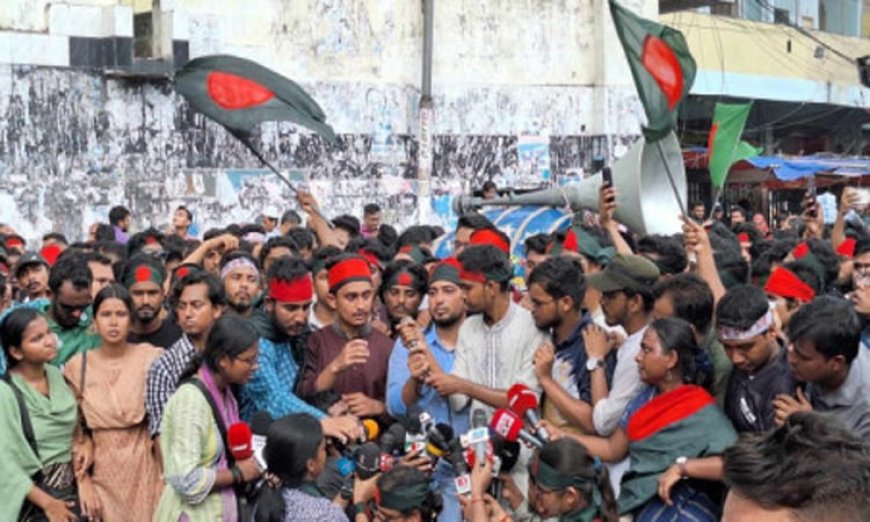
Nahid Islam Issues Four-Point Demand Amid Nationwide Crackdown on July 22
On July 22 last year, amid a sweeping nationwide crackdown by law enforcement, Nahid Islam—a key coordinator of the anti-discrimination student movement—issued an emergency four-point demand, giving the government a 48-hour ultimatum. He also announced a temporary suspension of the movement’s “complete shutdown” programme.
The demands included:
-
Full restoration of internet access across the country.
-
Immediate withdrawal of the nationwide curfew.
-
Removal of law enforcement personnel from all educational institutions and reopening of residential halls to ensure a safe academic environment.
-
Guarantees of safety and security for all coordinators involved in the quota reform movement nationwide.
Despite the appeal, law enforcement agencies, including the police and Rapid Action Battalion (RAB), continued a sweeping “combing operation” to arrest individuals—particularly leaders and activists of the BNP and Jamaat-e-Islami—accused of arson, vandalism, and violence during the ongoing protest movement.
According to Prothom Alo, by the morning of July 23, law enforcement had arrested over 1,200 people, including political activists. The total number of arrests since July 17 had surpassed 2,000. Notably, 516 individuals were detained from Dhaka alone within just six hours between midnight and 6 a.m. on July 23.
Nationwide, 164 cases were filed in connection with the unrest—71 under Dhaka Metropolitan Police (DMP), 14 in Chattogram, and 79 in other districts.
Meanwhile, The Daily Star reported that at least 1,427 individuals were arrested on July 22 alone, with 692 detained from the capital. DMP also carried out block raids targeting demonstrators.
Tragically, six more protesters injured in previous days died on July 22—four at Dhaka Medical College Hospital (DMCH) and two at the National Institute of Neurosciences. According to New Age, DMCH handed over 70 bodies to families between July 19 and 22, pushing the total death toll to at least 155.
Despite the heavy deployment of security forces—including army, BGB, police, and RAB—no major violence was reported in Dhaka on the third consecutive day of the curfew. Armored vehicles were stationed at key locations and helicopters patrolled the skies. Nonetheless, several hundred protesters briefly blocked roads in Mohakhali before being dispersed.
During the three-hour curfew relaxation (2 p.m. to 5 p.m.) on July 22, Dhaka residents cautiously emerged to attend to urgent tasks. Though the streets remained calm, public fear of arbitrary arrest persisted amid widespread accusations of indiscriminate detentions.
That afternoon, Army Chief General Waker-Uz-Zaman visited several key sites, including Jatrabari—one of the strongest protest zones since July 17—and expressed optimism that normalcy would return soon. Top police officials, including IGP Chowdhury Abdullah Al-Mamun, RAB DG Md Harun-Ar-Rashid, and DMP Commissioner Habibur Rahman also toured the area. The IGP pledged that all those involved in violence would be brought to justice.
Home Minister Asaduzzaman Khan Kamal announced that the curfew would remain in place for continued stability but would be relaxed daily between 1 p.m. and 5 p.m. depending on the situation. The government also extended the general holiday until July 23 via executive order, while internet services remained shut nationwide for the fifth consecutive day.
That evening, Prime Minister Sheikh Hasina signed a circular reforming the quota system in government jobs, as recommended by the Ministry of Public Administration. Earlier in the day, she held a meeting with business leaders at her residence, Ganabhaban, where she blamed BNP, Jamaat-e-Islami, and Islami Chhatra Shibir for the unrest and warned of even stronger action.
On the same day, the University Teachers’ Network (UTN) issued a statement urging the government to lift the curfew, restore internet services, end the killings, and locate those missing since the protests began.
What's Your Reaction?







